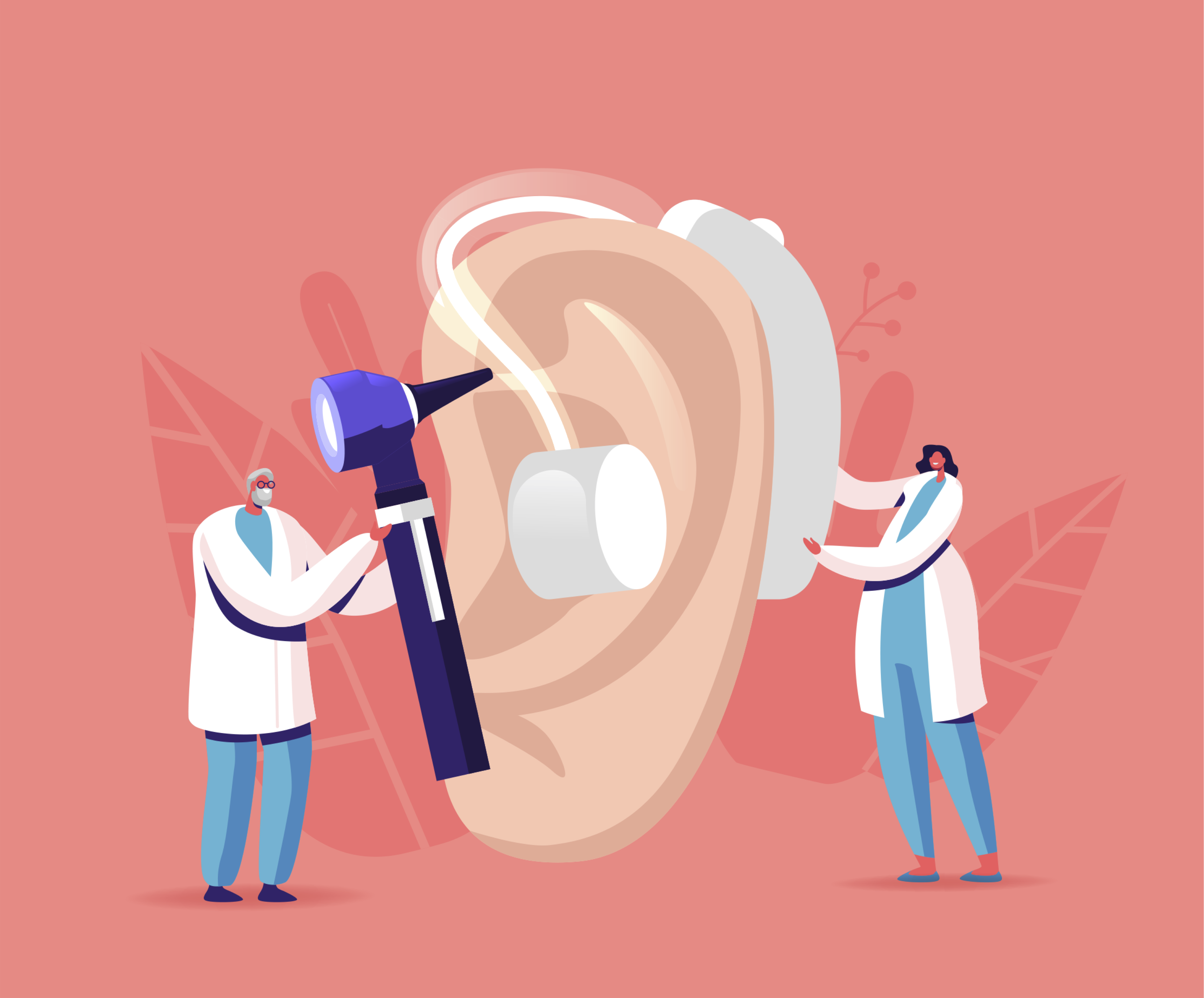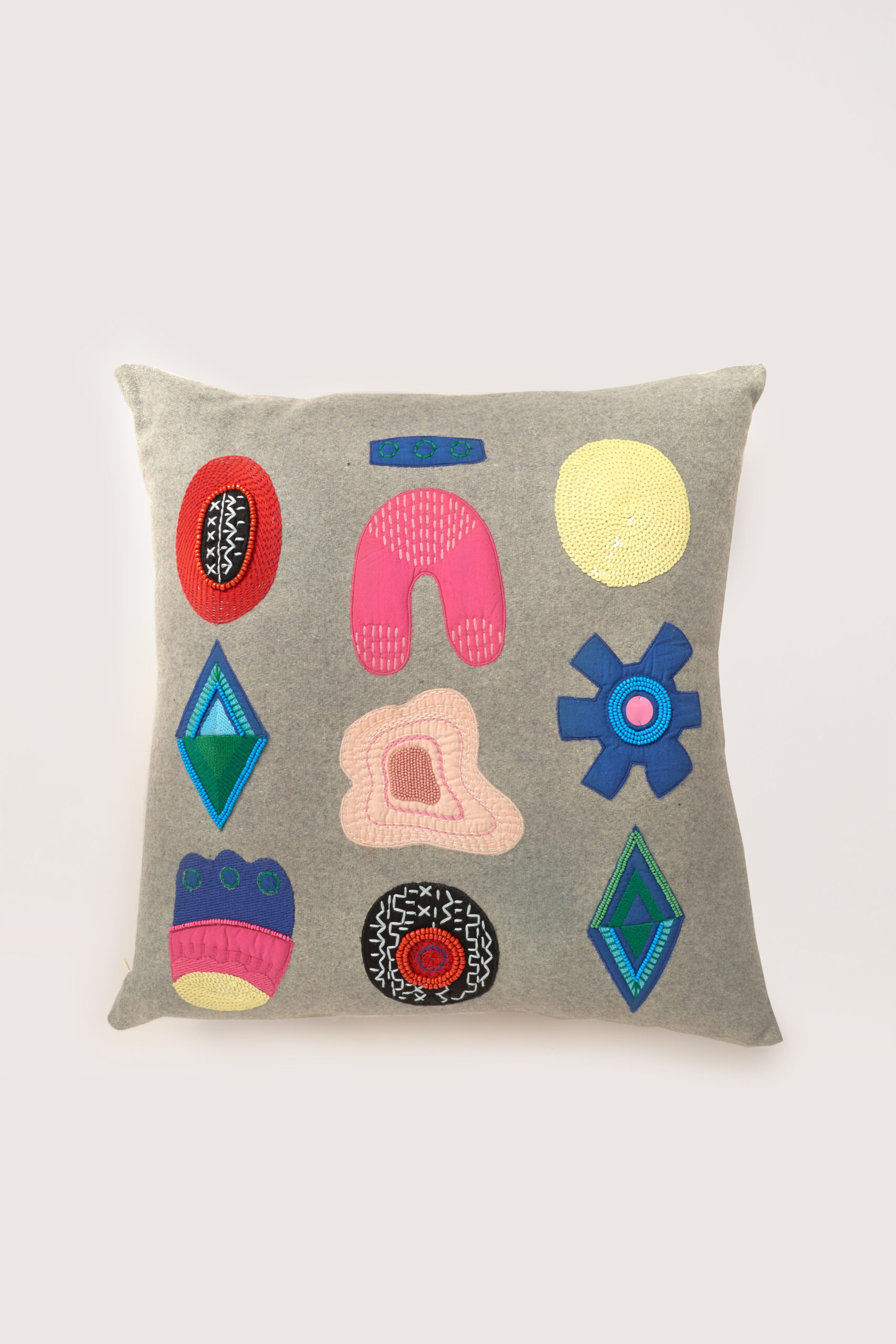With more than 700,000 Kiwis affected by hearing loss, hearing aid manufacturer Oticon is urging people to take action this World Hearing Awareness Month (March), calling for Kiwis to take charge of their health and acknowledge the widespread impact hearing loss can have on everyday lives.
March 3 marks the release of the yearly World Health Organization (WHO) Report on Hearing which presents critical data underlining the number of people suffering from hearing loss, many without treating it.
Here’s 7 things you might not know about hearing loss:
1. 1 in 6 New Zealanders have a hearing loss – that’s more than 700,000 people.
2. While many think it only affects the very old, 300,000 people with hearing loss are in the working age of 20-65.
3. Hearing loss is one of the top three medical conditions for people over the age of 65, after cardiovascular disease and arthritis.
4. 52% of people have a moderate hearing loss and 90% of people with hearing loss experience depression, isolation and hopelessness.
5. WHO reports that the current number of people with disabling hearing loss globally is 466 million and predicts that this could rise to over 900 million by 2050.
6. It’s not just your grandma taking hers out, currently WHO data shows that only 17% of those who could benefit from wearing a hearing aid actually use one. Can you blame them when most hearing aids focus on direct sound? Who only wants to hear what the loudest person in the room has to say?!
7. It’s not just about your ears – BrainHearing research proves that your brain is a more important organ for hearing. More sophisticated hearing aids like the new Oticon More use AI technology to deliver a full sound experience to make sense of the world around you.







